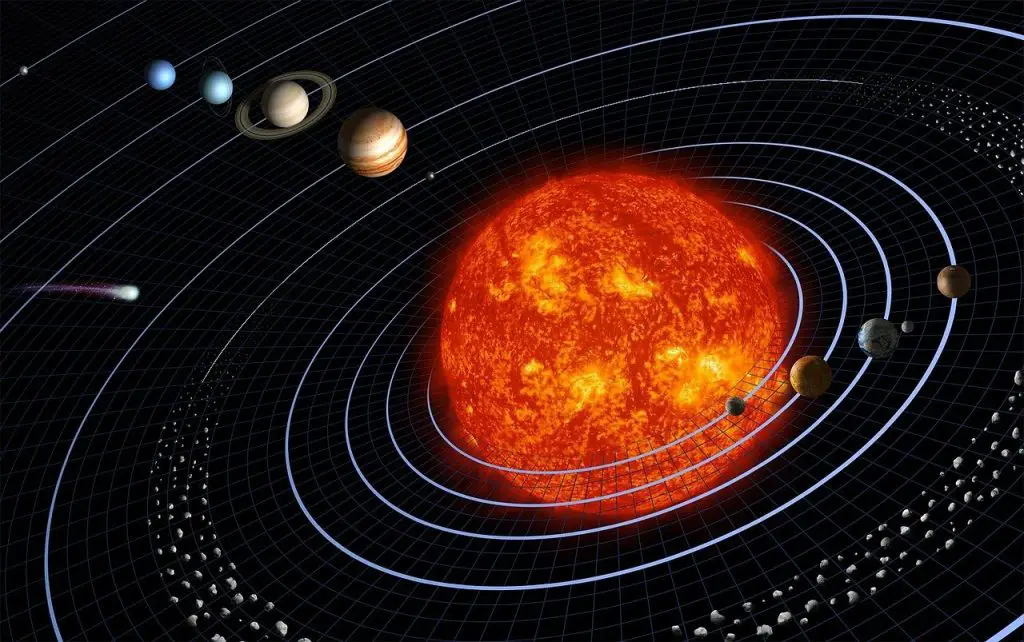Scientists at the University of Wyoming just discovered how tardigrade proteins slow aging in human cells and also survive in extreme conditions both on Earth and outer space. The researchers discovered that the microscopic creatures can slow down molecular processes.
Recent findings have proven that tardigrade proteins may be great in technologies that will help humanity slow down the aging process and prolong the storage of human cells. The team published the new study in the journal Protein Science. They focused on studying the mechanisms needed by tardigrades to enter and leave suspended animation when under environmental stress.
The research was led by Senior Research Scientist Silvia Sanchez-Martinez in the lab of UW Department of Molecular Biology. Assistant Professor Thomas Boothby also participated in the research. Thomas Boothby offered extra evidence that showed tardigrade proteins could likely be useful in providing life-saving treatments to humans where refrigeration is not possible.
The proteins could also be used to boost the storage of cell-based therapies like stem cells. Tardigrades that are less than less than half a millimeter long can possibly survive in extremely dried-out regions. They can also survive being frozen to above absolute zero (i.e., about minus 458 degrees Fahrenheit, when all molecular motion stops).
Tardigrades can also come out alive after being heated to over 300 degrees Fahrenheit and can also survive the harsh vacuum of outer space. Hence, tardigrades have the necessary proteins to prolong the human cells and generally extend human lives on Earth.
How Scientists Conducted This New Study On Slowing Aging in Human Cells Using Tardigrade Proteins
The researchers conducted the study by putting the tardigrades in a suspended animation called biostasis. The new study revealed that they managed to survive using proteins that created gels inside of cells and also slowed down life processes.
“Amazingly, when we introduce these proteins into human cells, they gel and slow down metabolism, just like in tardigrades,” Sanchez-Martinez, lead author of the study from the Howard Hughes Medical Institute says. “Furthermore, just like tardigrades, when you put human cells that have these proteins into biostasis, they become more resistant to stresses, conferring some of the tardigrades’ abilities to the human cells.”
Other Co-authors of the study came from institutions including the University of Bristol in the United Kingdom, Washington University in St. Louis, the University of California-Merced, the University of Bologna in Italy, and the University of Amsterdam in the Netherlands.
The study shows that the whole process is reversible: “When the stress is relieved, the tardigrade gels dissolve, and the human cells return to their normal metabolism,” Boothby says.
“Our findings provide an avenue for pursuing technologies centered on the induction of biostasis in cells and even whole organisms to slow aging and enhance storage and stability,” the scientists concluded.
A past study by Boothby and colleagues showed that natural and engineered versions of tardigrade proteins can be used to stabilize a vital pharmaceutical used to treat people with hemophilia and other conditions without the need for refrigeration.
Scientists will have to participate in additional studies to improve our understanding of the importance of tardigrades in attaining immortality.





